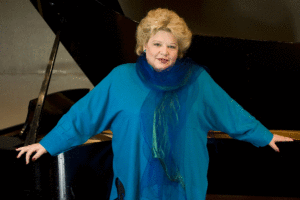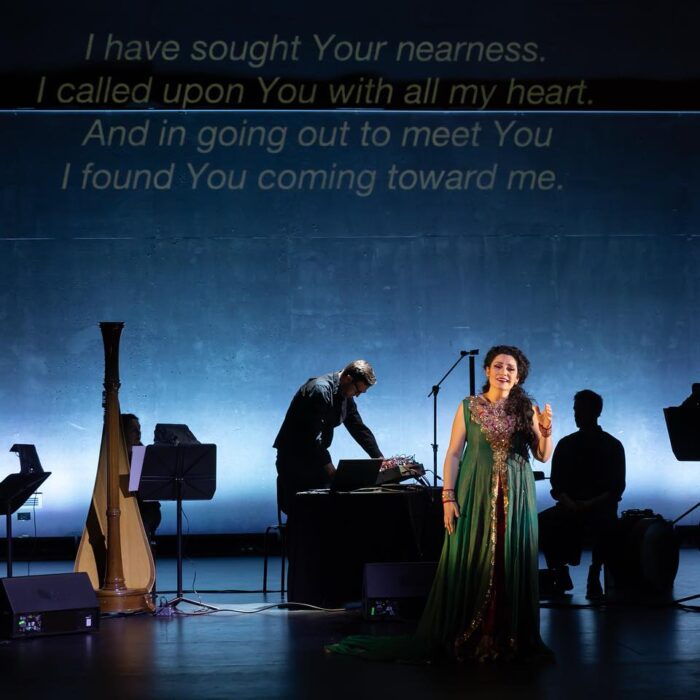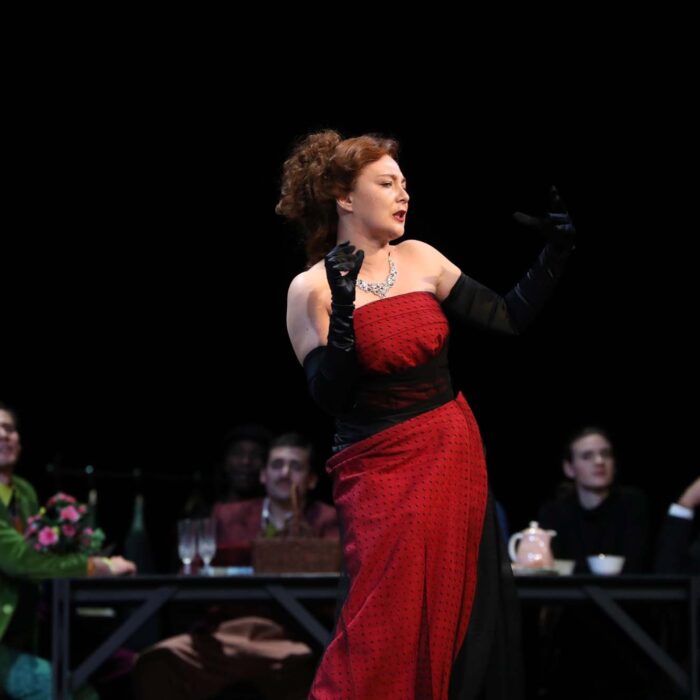
The Non-Verdi Roles Dolora Zajick has Dominated Throughout Her Career
By David SalazarMezzo-soprano Dolora Zajick is synonymous with Verdi. She’s been the leading Azucena at the Metropolitan Opera house over the last few years, singing the role a whopping 58 times since her debut on October 8, 1988, also in that very role. In Verdi’s “Aida,” she has performed the role of Amneris 80 times at the house. Throw in 17 performances as Eboli in “Don Carlo” coupled with another 18 as Ulrica in “Un Ballo in Maschera” and you have 70 percent of all of the mezzos roles at the Metropolitan Opera.
Of course, the Met isn’t the only place that American mezzo performs at, but if you look to her recent or upcoming performances at other houses, you will see Zajick performing more “Il Trovatore,” Verdi’s’ “Requiem” or Ulrica.
But Zajick has also made a career for herself as a dominant interpreter of other roles. Here is a look at some of her best roles not written by the man from Busetto.
Ježibaba – “Rusalka”
If you think about Zajick outside of the Verdi repertoire, this is probably the first opera that comes to mind. For years, the mezzo was synonymous with this role. She sang the Met’s Premiere of the opera in 1993 and recorded it in 1998. She was also featured in the Met’s Live in HD in
Adalgisa – “Norma”
Another role that the mezzo has made her own, Zajick performed the supporting role in Bellini’s “Norma” 13 times at the Met and recently performed it in Israel last November.
Santuzza – “Cavalleria Rusticana”
Zajick performed the dramatic role extensively, making her belated Washington National Opera debut in the opera and performing it 19 times at the Metropolitan Opera between 1997 and 2007. Of her work in Washington, writer Anne Midgette acclaimed Zajick for her “old-school Santuzza: gorgeously sung and deeply felt, showing that the one is not possible without the other… some of her strongest moments were soft passages of imploring that brought out her character’s pain with hurt gentleness.”
In recent years the mezzo has delved into other repertoire, including Ortrud in Wagner’s “Lohengrin,” Tchaikovsky’s “The Queen of Spades” and even Poulenc’s “Le Dialogue des Carmélites.” She recently just made her role debut in Britten’s “The Turn of the Screw” and will sing her first “Der Fliegende Hollander.”


